Del Valle’s Vocational Learning Platform
As we slowly enter into autumn, Texans are breathing a sigh of relief. High temperatures this summer and the resulting increase in energy use to cool our homes not only put a strain on the electric grid, but also on our wallets. These factors are leading more homeowners and businesses to consider transitioning from the grid to solar. Those of us intent on generating more clean, renewable energy for consumers rejoice at this opportunity, but in evaluating the potential for growth one thing becomes clear: there are simply not enough specialized solar technicians to get the job done.
Nationwide Labor Shortage
This labor shortage is not unique to the solar industry. The country is facing a shortage of skilled labor from plumbers, carpenters, electricians, and more. A lack of workers is wreaking havoc on the global supply chain, causing delays down the entire resource pipeline. In California’s busiest port, Long Beach, over one hundred ships are currently waiting to port and unload supplies. This shortage of labor must be addressed to strengthen the country’s economy and bolster the livelihoods of working Americans.
Expanding the Solar Workforce
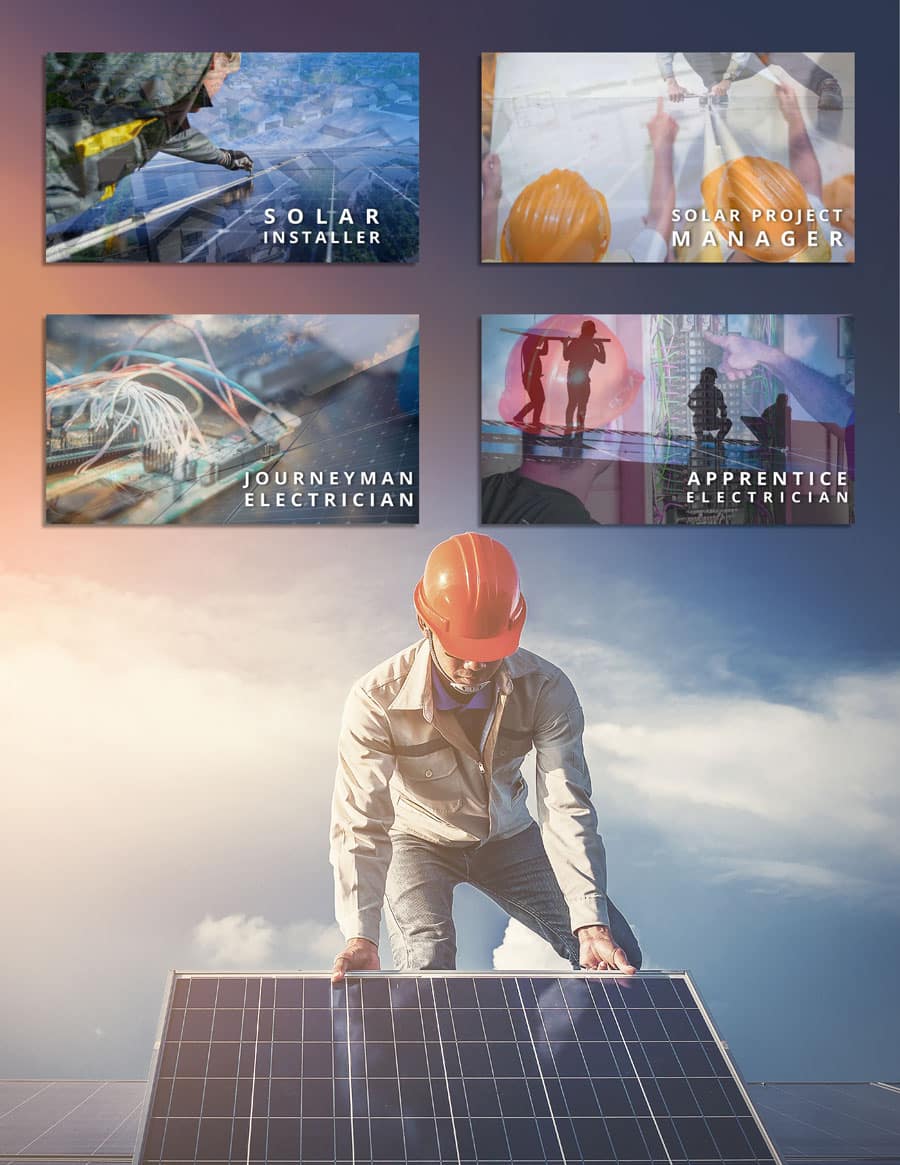 In efforts to combat this issue, Solar Austin, in partnership with NATiVE Solar, the Digital Workforce Academy, and Del Valle ISD, has developed a plan to expand solar jobs while also addressing diversity and inequality issues. Although the solar labor sector is thriving, and many job opportunities exist, lack of training programs and the industry’s reliance on word-of-mouth recruitment prevents diverse students from entering the clean energy workforce. In addition, clean energy job training programs remain underdeveloped in Texas, and across the nation. The resulting workforce is composed mostly of white men, while women and people of color seek opportunities to secure well-paying solar jobs that could provide economic mobility.
In efforts to combat this issue, Solar Austin, in partnership with NATiVE Solar, the Digital Workforce Academy, and Del Valle ISD, has developed a plan to expand solar jobs while also addressing diversity and inequality issues. Although the solar labor sector is thriving, and many job opportunities exist, lack of training programs and the industry’s reliance on word-of-mouth recruitment prevents diverse students from entering the clean energy workforce. In addition, clean energy job training programs remain underdeveloped in Texas, and across the nation. The resulting workforce is composed mostly of white men, while women and people of color seek opportunities to secure well-paying solar jobs that could provide economic mobility.
Lack of Diversity
Although leaders across the industry name diversity and equity as top business priorities, the solar workforce continues to fall short in adequately reflecting America’s diverse population. Increasingly more solar companies are reporting that it is “very difficult” to find and hire qualified workers. This discrepancy between company values and hiring practices results in structural challenges to organizational success. Solar Austin’s initiative to expand and diversify the solar industry workforce was designed intentionally to address this gap and work to educate, prepare, and equip individuals and communities with the resources and workforce development they need to find upward mobility through a career in solar.
Solar Austin’s Pathways Program Promotes Diversity
In 2019, Solar Austin launched a pilot program named “Pathways to Clean Energy Careers” to create more diversity in the workforce. Studies show that workforce diversity and cultural inclusivity create stronger, more innovative, and more resilient organizations. The Pathways program exposes students from diverse backgrounds to a wide array of sustainability-focused job opportunities in order to foster more resilient and diverse organizations, as well as a more inclusive green jobs ecosystem.
Accelerating Solar Career Pathways at Del Valle
More recently, Solar Austin has created a solar installation training program at Del Valle High School, where students have the option to enter the workforce directly out of high school. Del Valle ISD serves much of southeast Travis County with 96% of its population identifying as a person of color. Recruitment from Del Valle ISD will allow Solar Austin and NATiVE to utilize the talent of their diverse student population and maximize opportunities by increasing their career readiness in the solar industry.
In an interview with Ray Macias, principal of the Del Valle Opportunity Center, he stated that this is “not only a job opportunity, but a business opportunity. Once the students get the hang of it, they can go on to create their own business.”
Solar Austin and the Digital Workforce Academy will build upon National Center for Construction Education and Research (NCCER) core modules to create a novel curriculum that teaches students the skills needed to become a solar technician. The curriculum will have online and in-person training for students to develop these skills using donated equipment, time, and labor from a network of industry sponsors. The students will gain an on-site solar installation experience to prepare for a range of technical careers. This hands-on learning will give students the opportunity to serve a thriving industry and build a diverse workforce.
A Community Effort
The program, now underway, showcases a community effort based on industry demand and creates opportunities for local students. It aims to diversify and bolster the workforce, while staying true to Solar Austin’s mission of “expanding access to the benefits of solar for everyone to mitigate climate change, create a healthy community, and support a strong local economy.” As Macias put it, “It’s exciting to see the industry people taking an active part in investing in our kids and their future. This is the good news that no one ever talks about…because these people don’t have to be here. We’re a school, we can do the simple math, writing, and English, but we’re going way above and beyond. And I want to give recognition to all of those people.”


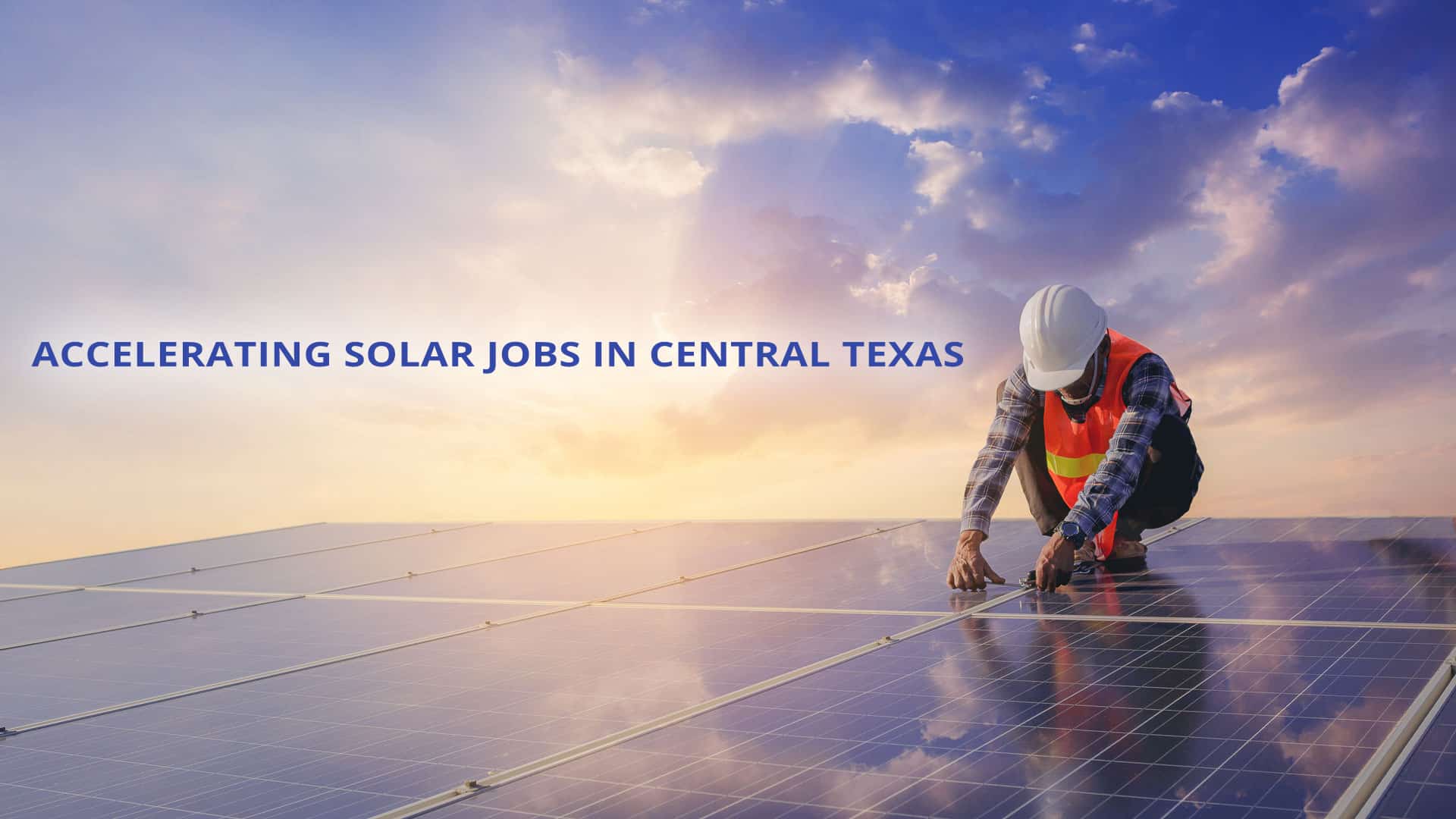
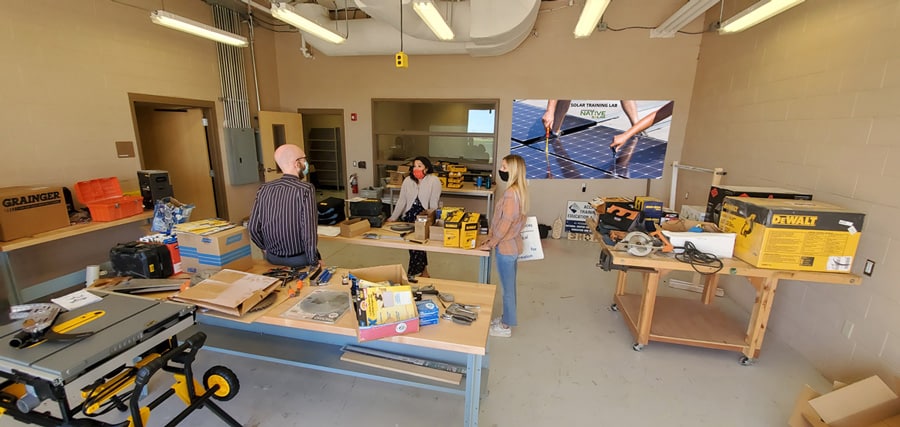








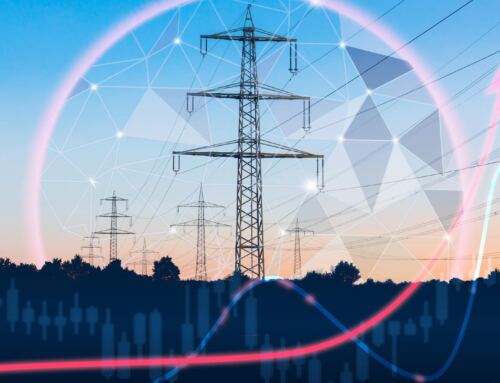

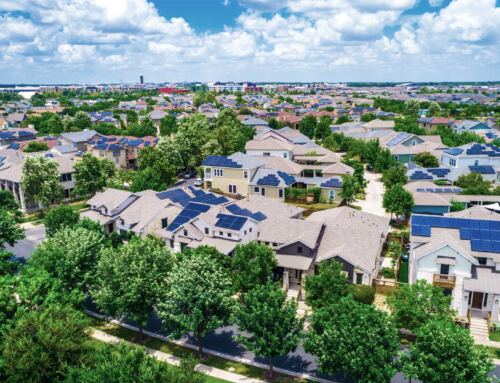
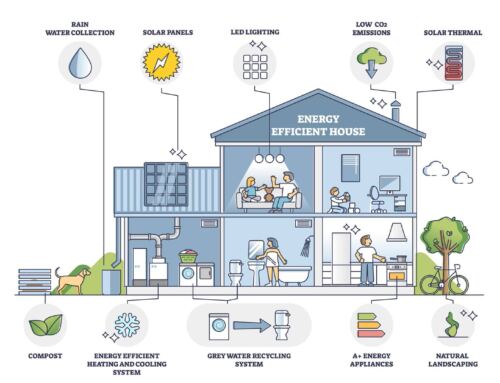
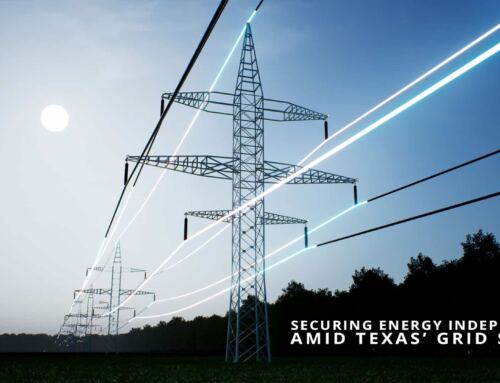
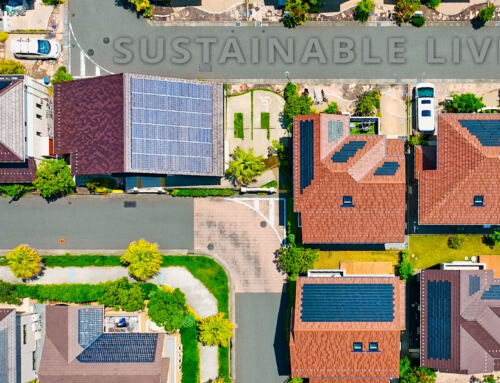




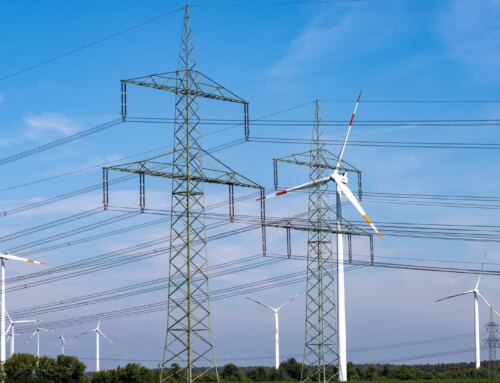


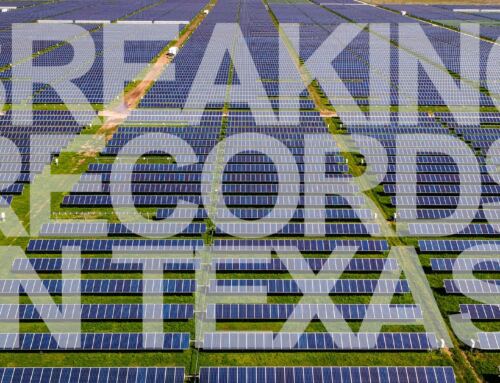
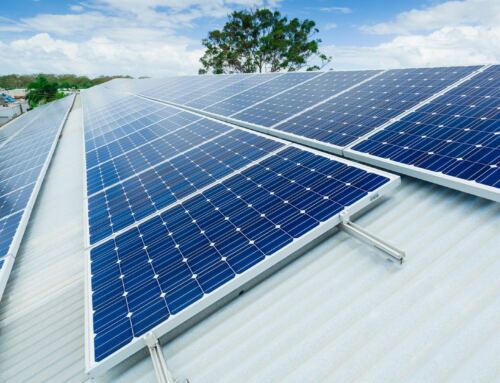
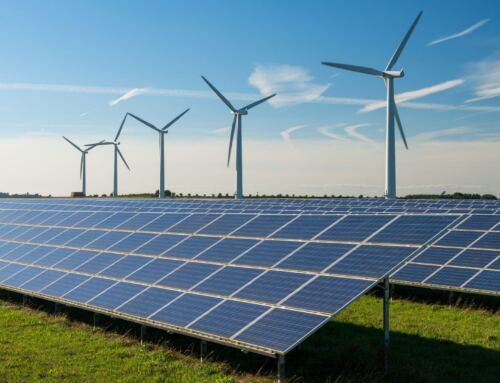



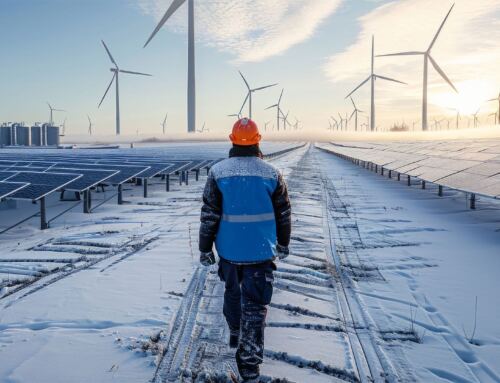
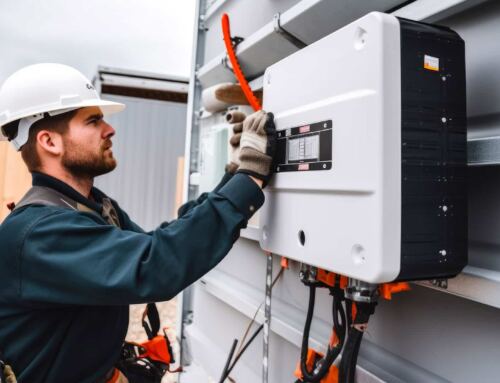
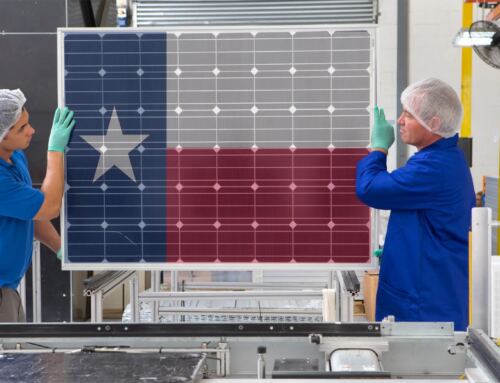
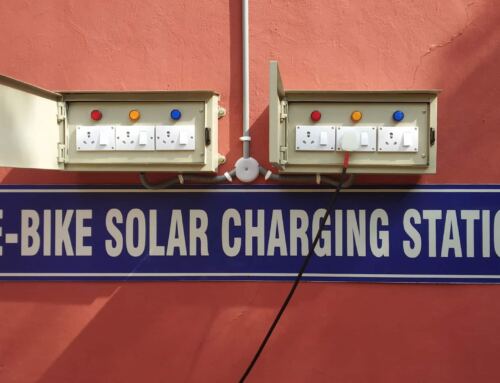

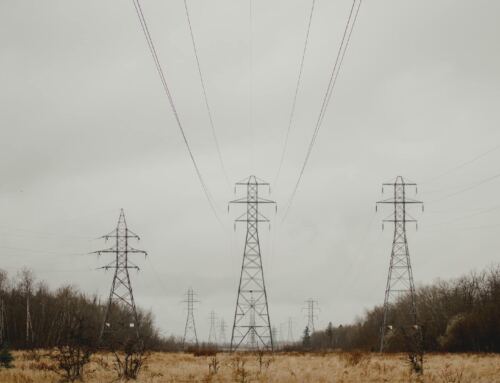
Numbers: how many students does the Del Vslke program have the capacity for each year? What skills will they be trained in? What certification will they have? And what occupation pathway is being provided for them? What exception is being given for women?
[…] Solar are creating a widely replicable, decentralized model that will facilitate Texas’ energy transition, while offering safeguards against grid failures. At the same time, energy consumers across the […]